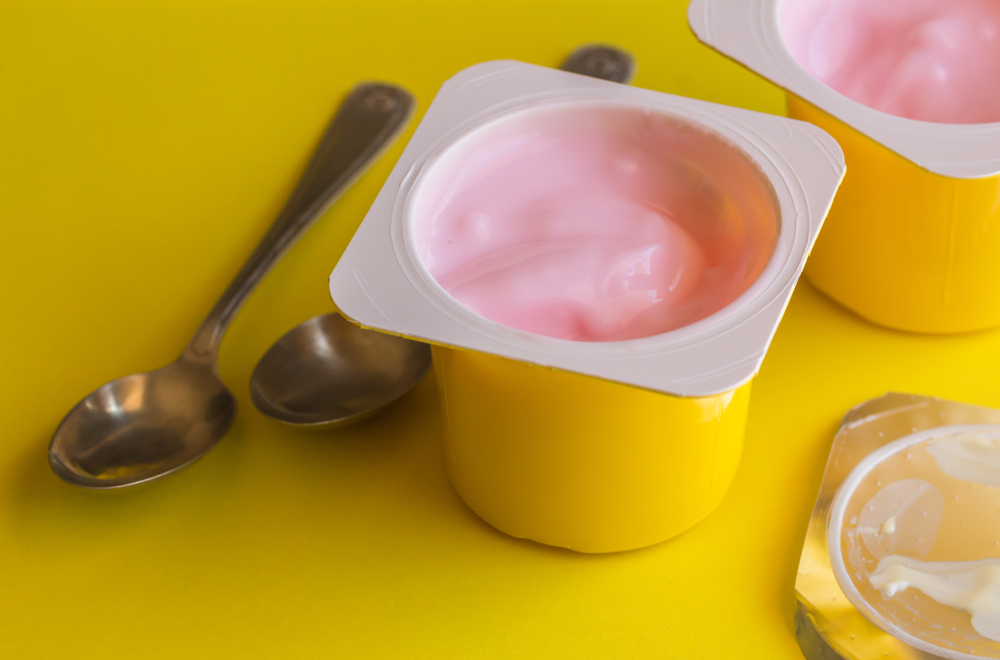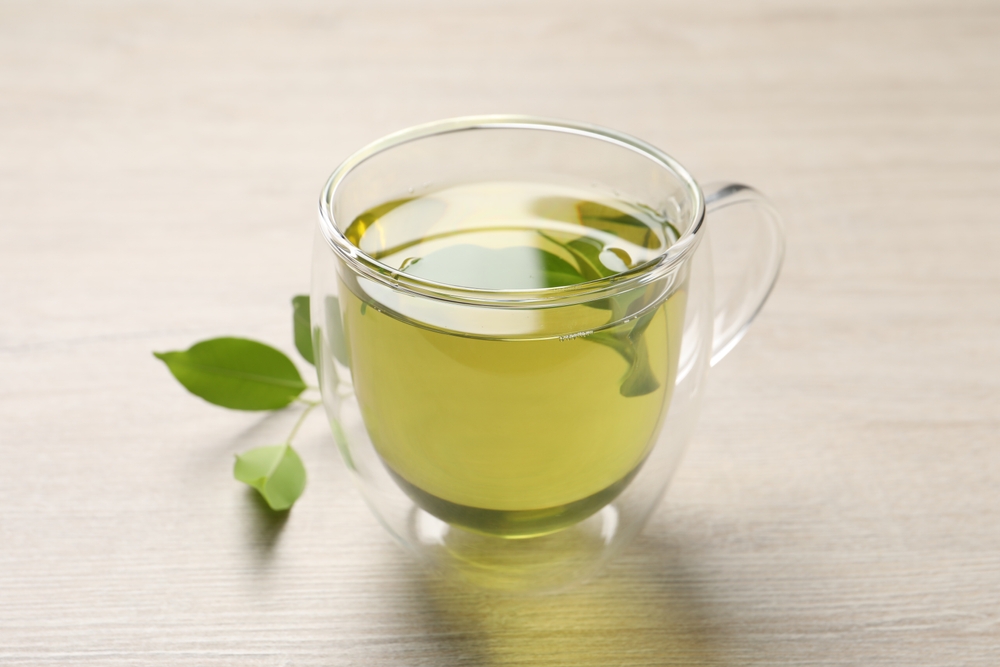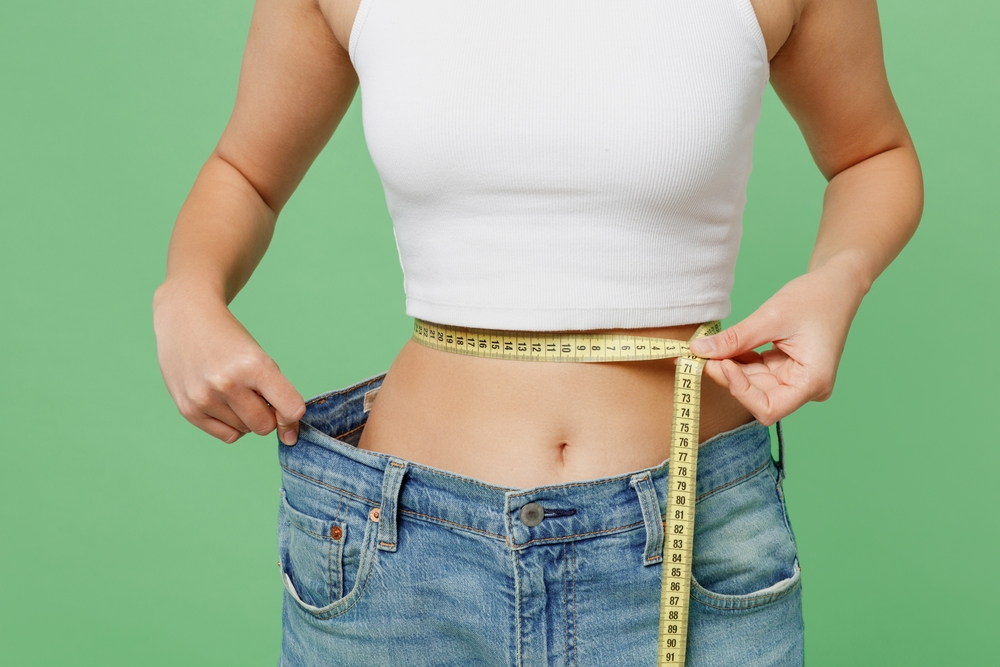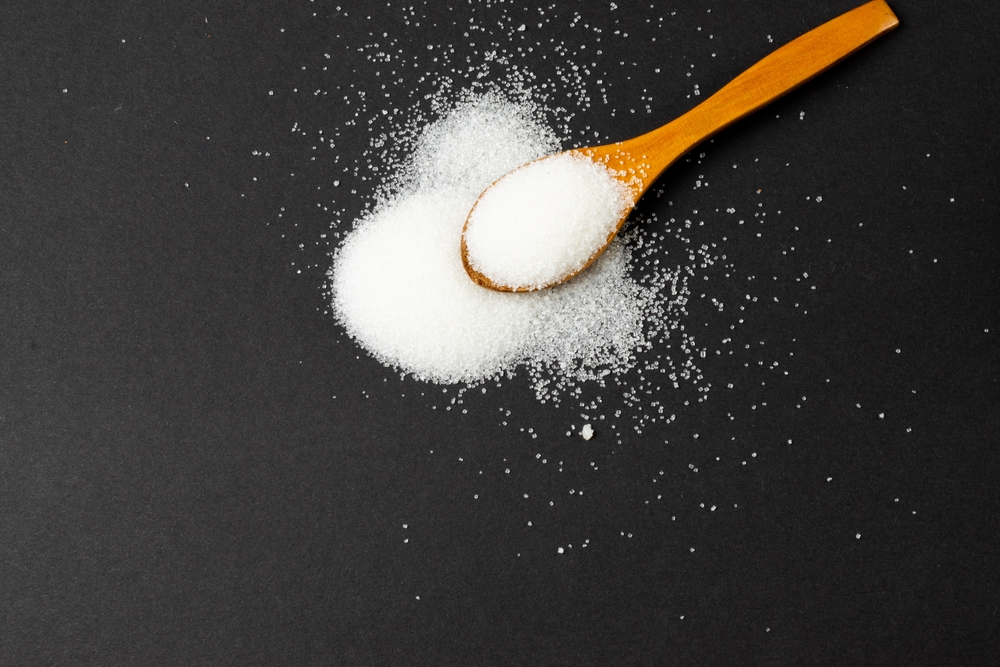Not everything you hear about staying healthy is true, and not every truth is easy to accept. The health industry is full of myths, half-truths, and convenient advice that often ignores nuance. What people want to hear usually sells better than what science actually says. Below are 12 uncomfortable, science-backed facts that go against what most people believe. These health truths may challenge your current habits, but facing them could improve your long-term well-being.
1. Sitting All Day Is as Bad as Smoking

It might sound extreme, but research consistently links prolonged sitting with the same deadly risks as smoking. Staying seated for too many hours reduces circulation, slows metabolism, and increases inflammation. It raises your risk of heart disease, diabetes, and cancer. These effects persist even if you hit the gym later, because sitting too long disrupts your blood flow and muscle activity throughout the day. Micro-movements like walking around during calls, using a standing desk, or setting a timer to stand every 30 minutes can help reduce the damage. Just because you are not smoking does not mean you are safe from the silent risks of a sedentary lifestyle.
2. Low-Fat Products Are Often Worse Than Full-Fat

For decades, low-fat was marketed as the holy grail of health. Food companies removed fat and added sugar, starch, and artificial flavorings to make up for the taste. This led to a generation of consumers who thought fat was bad while sugar and chemicals were not. However, fat is crucial for vitamin absorption, hormone production, brain health, and energy. Full-fat versions of foods like yogurt, milk, and cheese provide better satiety and fewer additives. Studies now show that people who eat full-fat dairy do not have a higher risk of heart disease. The key is choosing whole, unprocessed foods and understanding that fat is not your enemy when consumed mindfully.
3. Detox Teas Health Cleanses Do Almost Nothing

Despite influencer promotions, detox teas, juice cleanses, and special powders rarely do what they claim. Your liver, kidneys, and digestive system already detoxify your body effectively when functioning properly. These marketed products are often diuretics or laxatives that reduce water weight and make you feel lighter temporarily. The illusion of results fades as soon as normal eating resumes. Some of these cleanses can even lead to nutrient loss, electrolyte imbalance, and digestive problems. The real way to support your body’s detoxification is to stay hydrated, eat fiber-rich vegetables, reduce alcohol and sugar, and sleep well. A green tea packet will not reverse unhealthy habits or fix what your organs already manage every day.
4. Most Supplements Are a Waste of Money

The global supplement market is worth billions, yet most people who buy daily vitamins do not actually need them. Studies show that multivitamins do not significantly reduce the risk of chronic diseases for the average adult with a balanced diet. In fact, taking too much of certain nutrients, like iron or vitamin E, can have toxic effects or interfere with medication. Unless you have a diagnosed deficiency, such as vitamin D or B12, supplementation may do more for your peace of mind than your body. Blood tests can confirm whether you need extra nutrients. Otherwise, the money spent on supplements is better used on whole foods that deliver nutrients in their natural, absorbable form.
5. You Can Be Thin and Still Be Unhealthy

Being slim does not always mean being healthy. Some people fall into a category known as “metabolically obese normal weight,” where their weight appears normal but their internal health markers tell a different story. They may have high cholesterol, high blood pressure, insulin resistance, or fatty liver. These conditions often go unnoticed because their outward appearance does not trigger concern. Eating processed foods, being inactive, and experiencing high stress can damage your health regardless of your size. Instead of chasing thinness, prioritize strength, flexibility, cardiovascular health, and nutritional balance. Health is not just about how you look but how your body functions and responds over time.
6. Exercise Alone Won’t Make You Lose Weight

Exercise has countless benefits, including improved cardiovascular function, mental clarity, joint health, and longevity. But when it comes to weight loss, it plays a smaller role than most believe. The reality is that burning calories through exercise is hard and slow, while consuming them is easy and fast. For instance, you might burn 300 calories during a run, but one smoothie can replace those in minutes. Studies show that people often eat more after exercising, either because they feel hungrier or believe they earned a reward. To lose weight, you must create a calorie deficit, and the most effective way to do that is by adjusting your food intake. Exercise supports your goals, but diet does the heavy lifting.
Read More: 10 Everyday Habits That Age You Faster After 40
7. Sugar Is More Addictive Than You Think

Sugar is everywhere, and its effect on the brain mirrors that of addictive substances. It stimulates the release of dopamine, the feel-good hormone, which leads to repeated cravings. The cycle of sugar highs and crashes keeps people hooked, even if they do not realize it. Over time, frequent sugar consumption can rewire the brain’s reward system and reduce sensitivity to other forms of pleasure. Hidden sugars in bread, sauces, cereals, and salad dressings make it harder to regulate intake. This addiction-like behavior is why many people struggle to cut back, even when they know it’s bad for their health. Reducing sugar intake requires more than willpower, it demands mindful changes and awareness of where sugar hides.
8. Most People Drink Too Much Water

The popular belief that you must drink eight glasses of water daily is not backed by evidence. Overhydration can be harmful, especially if it leads to a dangerous drop in blood sodium levels. This condition, called hyponatremia, can cause headaches, confusion, and in rare cases, seizures. Your body has built-in hydration signals, and thirst is your most reliable guide. Athletes and people in hot environments may need more water, but the average person gets sufficient hydration from food and moderate fluid intake. Instead of forcing down water all day, pay attention to your body’s signals and use urine color as a hydration check. Pale yellow is ideal, dark means drink more, and clear means you may be drinking too much.
9. Sleep Is More Important Than Diet or Exercise

Sleep is not just for rest, it is when your body does its most critical repair work. Poor sleep weakens your immune system, slows your metabolism, disrupts hormones, and raises inflammation levels. Lack of sleep increases your risk for obesity, heart disease, stroke, and diabetes. It also impairs decision-making, mood stability, and reaction time. While food and movement are essential, sleep often controls how effectively those efforts pay off. For example, poor sleep can increase hunger hormones, making weight management harder. Prioritizing 7 to 9 hours of sleep each night is one of the simplest, most effective ways to protect your physical and mental health.
10. Artificial Sweeteners May Not Help You Lose Weight

Artificial sweeteners may seem like a healthy solution, but studies suggest they can create more problems than they solve. These sugar substitutes alter your perception of sweetness and may lead you to crave more sweet foods. They can confuse your body’s insulin response, increasing the risk of metabolic conditions. Research has also shown that they may disrupt gut bacteria, which plays a critical role in digestion, mood, and immunity. While they do not contain calories, artificial sweeteners may increase overall calorie consumption by stimulating appetite. If you are trying to cut back on sugar, it may be better to reduce your taste for sweetness altogether rather than replacing sugar with synthetic alternatives.
11. You Don’t Actually Need to Eat Breakfast

The idea that skipping breakfast is harmful has been overstated. Studies show that breakfast timing depends on individual metabolism, activity level, and eating preferences. Many people thrive with intermittent fasting schedules, where breakfast is delayed or skipped entirely. This eating pattern has been linked to improved insulin sensitivity, reduced inflammation, and even improved cognitive performance. The quality of what you eat matters more than the time you eat it. Forcing yourself to eat early when you are not hungry can lead to unnecessary calorie intake. If you function better without breakfast, that is fine. What counts is that you get sufficient nutrients during the rest of your meals.
12. Mental Health Impacts Physical Health More Than You Realize

Mental health affects your body in powerful, sometimes invisible ways. Chronic stress raises cortisol, disrupts your hormones, and increases the risk of autoimmune issues, digestive problems, and chronic inflammation. Anxiety and depression can lead to behaviors that worsen physical health, like smoking, overeating, under-eating, or avoiding physical activity. Conditions such as high blood pressure and heart disease have been directly linked to psychological stress. Addressing mental health with the same urgency as physical symptoms is essential. Tools like therapy, mindfulness, journaling, social support, and even light exercise can improve your body’s resilience and reduce disease risk. Taking care of your mind is just as important as taking care of your body.
Wellness and Health Progress

Facing hard truths is not easy, but it is necessary for real health progress. Many popular wellness trends are convenient, comforting, and wrong. Your body is a complex system that needs balance, consistency, and science-backed habits to function well. These 12 controversial truths challenge mainstream narratives, but accepting them can help you make better decisions. Ditch the myths, question the hype, and focus on what your body actually needs, not what sells best in a bottle or commercial. The goal is not perfection, it is progress, and progress starts with being honest about what really works.
Read More: 10 Unbreakable Habits That Help You Live Longer and Stress Less
Disclaimer: This article was created with AI assistance and edited by a human for accuracy and clarity.
Disclaimer: This information is not intended to be a substitute for professional medical advice, diagnosis or treatment and is for information only. Always seek the advice of your physician or another qualified health provider with any questions about your medical condition and/or current medication. Do not disregard professional medical advice or delay seeking advice or treatment because of something you have read here.

